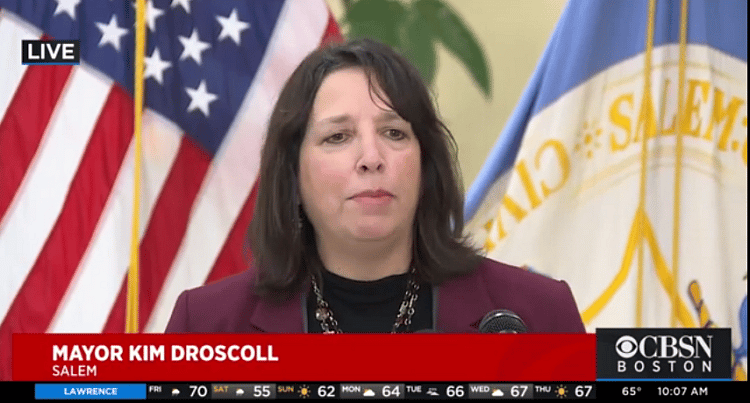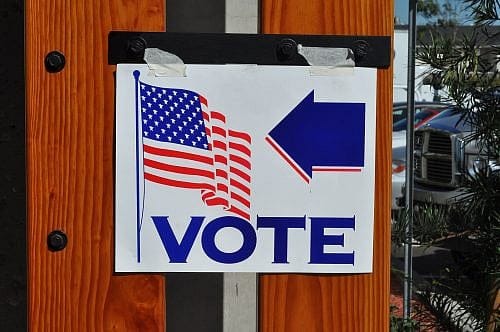Around New England

New Massachusetts Lieutenant Governor Open To Rent Control

Where does Governor Maura Healey's administration stand on rent control?
Lieutenant Governor Kim Driscoll expressed an openness to it in a recent interview without giving a clear answer.

